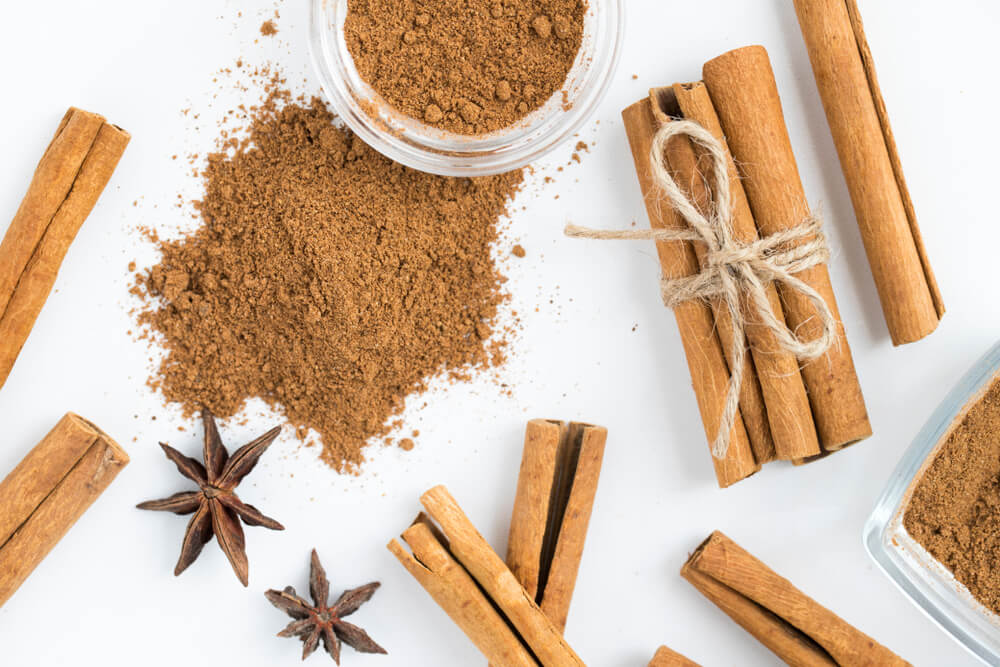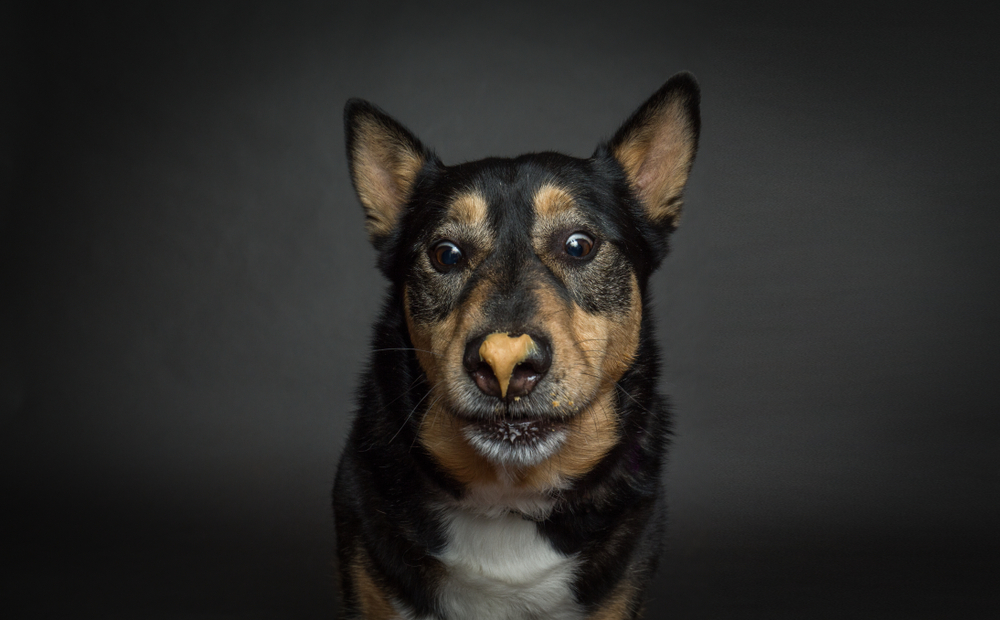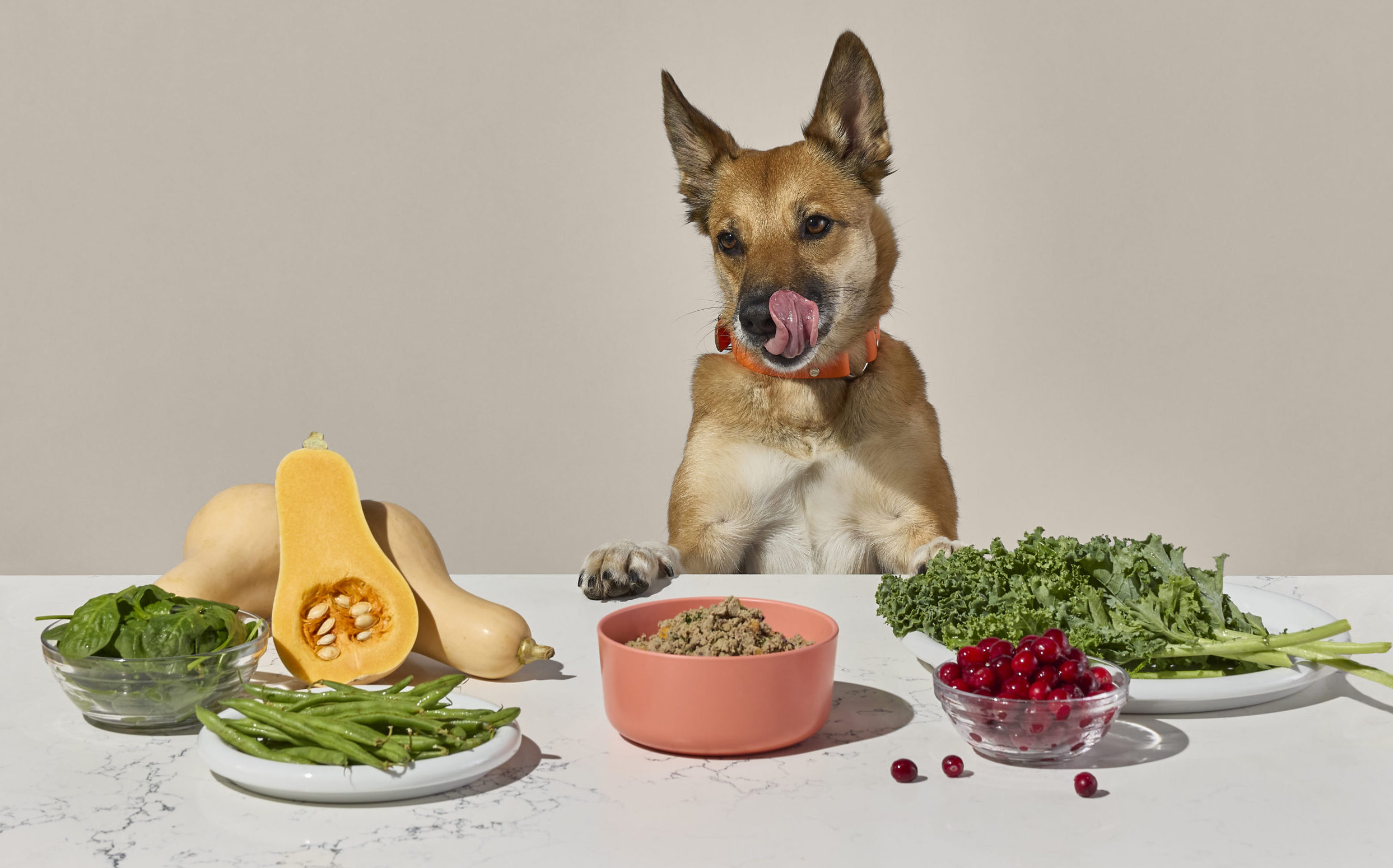Hey Ollie blog readers! We’re offering you an exclusive 60% OFF your starter box! Try now!
As pet owners, we are often concerned about what our furry friends can and can’t eat. It’s tough to keep it all straight, especially since some foods that are healthy for us are toxic for them. One common spice that many dog owners wonder about is cinnamon. Can dogs safely eat cinnamon as part of their diet?
What is cinnamon?
Cinnamon is a spice derived from the bark of trees from the genus Cinnamomum. These species of trees are native to India, Sri Lanka, Bangladesh, and Myanmar, while closely related species exist in China, Vietnam, and Indonesia.
Cinnamon is a common ingredient in cooking and baking around the world. It is well-known for its spiciness and woody flavor. Extract of cinnamon is also commonly used in essential oils and other fragrances due to its pungent and powerful aroma.
Cinnamon has been part of human civilization for millennia, dating back to ancient Egypt in 2000 BCE. At that time, cinnamon was regarded as a highly valuable gift for royalty or even as an offering to various deities. It is also thought to have a positive impact on health, as cinnamon contains high levels of antioxidants and is known to have anti-inflammatory properties.
Is cinnamon safe for dogs?
Given cinnamon’s long-standing proximity to human culture and culinary life, it is unsurprising that man’s best friend would eventually get their furry little paws on the spice. Perhaps your canine companion has managed to steal a bit of cinnamon from the countertop. Should you be worried if your dog has ingested this common space?
“Cinnamon is thought to be relatively safe for dogs,” said Karyn L. Collier, DVM, medical director of wellness medicine at the Saint Francis Veterinary of South Jersey.
In fact, certain varieties of cinnamon may be good for your dog’s health and well-being. Ceylon cinnamon, also known as “true cinnamon,” is considered especially safe for canine consumption.
“Research has been and continues to be conducted using a variety of forms of cinnamon to treat infection, diabetes, and a variety of other illnesses [in dogs,]” Collier said.
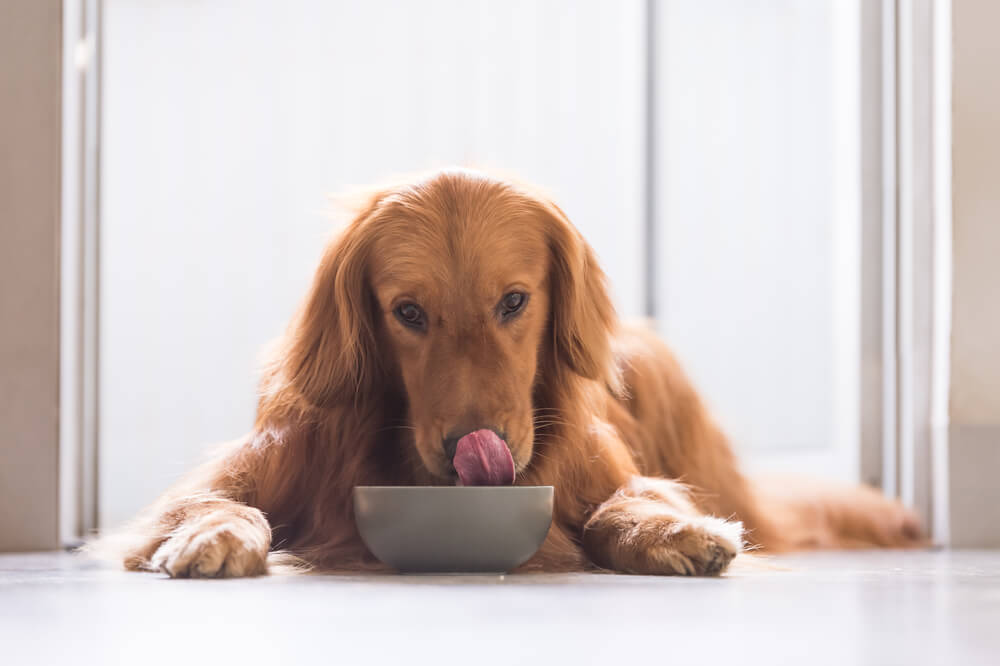
What is the recommended dosage of cinnamon for dogs?
While researchers believe that cinnamon can be beneficial for dog health, a clear dosage has not been identified. If you are interested in giving your dog cinnamon, you should first consult with a veterinarian.
Moreover, feeding your dog too much cinnamon can result in some short-term discomfort, said Dr. Amanda Nascimento, head of integrative veterinary medicine and research at NHV Natural Pet.
“Cinnamon is not toxic to dogs. However, it is not a good idea to give a lot of cinnamon for your dog, as in large quantities it can upset your dog’s stomach,” Nascimento said.
Further, if your dog manages to inhale cinnamon, it could result in significant irritation to their respiratory tract, said Dr. Jennifer Coates, DVM, a member of the advisory board for Pet Life Today.
You should also be wary of giving your dog cinnamon when combined as an ingredient with other spices. Nutmeg is toxic to dogs, said Dr. Alexis Tsakiris of the Blue Sage Veterinary Wellness Center, so you should be careful that your dog doesn’t swipe a baked good containing both spices from the dining room table.
So, what’s the best way to give your dog a bit of cinnamon?
“As long as a small amount of cinnamon is mixed thoroughly into a dog’s food, it should not cause any problems,” Coates said.
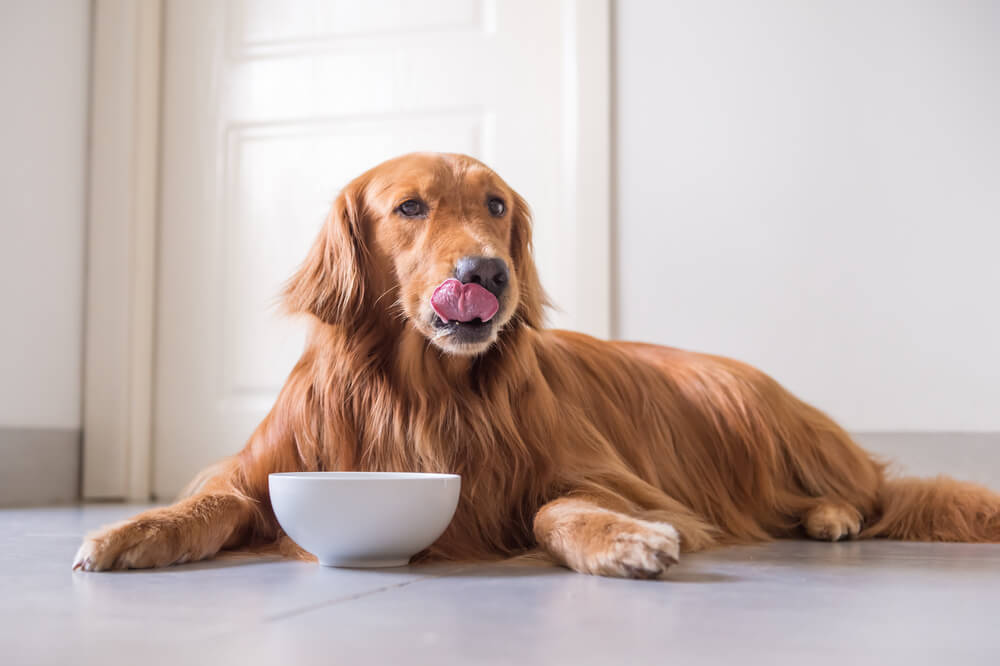
6 benefits of cinnamon for dogs
Will a little bit of cinnamon make a big difference in your dog’s health? Researchers and veterinarians believe that cinnamon has a significant role to play in the health and well-being of dogs. These are six of the benefits cinnamon is thought to offer dogs when added to their diet in small doses:
- Improved brain function: Cinnamon is thought to improve cognition and reduce oxidation in the brain, which can help keep your dog alert and healthy for years to come. Some researchers suspect that cinnamon can protect dopamine production systems and improve motor function as well.
- Improved digestion: Cinnamon is warming, said Tsakiris, which can help soothe an upset stomach in small doses.
- Improved circulation: The warming characteristics of cinnamon can support healthy circulation, Tsakiris added.
- Reduced bacteria growth Cinnamon extract is generally good at inhibiting bacterial growth and can help fight off infections before they spread.
- Management of diabetes: Cinnamon can be useful in managing diabetes, Coates said. This is likely because cinnamon can influence blood sugar levels by tackling insulin resistance. Adding a dash of cinnamon to a high-fiber, low-sugar diet can be beneficial for diabetic pups.
- Treatment of arthritis: According to Coates, cinnamon is often used to treat arthritis, making it especially useful for aging dogs prone to soreness.
Cinnamon: beneficial for dogs and their owners
Besides being a tasty way to add a kick to any meal or treat, cinnamon offers significant health benefits that will keep your dog living its best life for years to come. It’s best to consult with your veterinarian prior to adding anything new to your dog’s diet, but once you get the green light, sprinkling a touch of cinnamon into their food dish will do the trick. Many dogs love the taste of cinnamon as well, so your canine companion is likely to thank you for the new flavor!
Diet is a key element of canine health. Adding nutritious, natural ingredients to your dog’s diet can help protect their health for years to come. Ollie doesn’t just take nutrition into account when devising your dog’s dietary plan – we consider your dog’s unique biological needs and lifestyle when crafting recipes. That way, your dog gets a delicious and nutritious personalized meal delivered direct to your door every time. It’s just another why to tell your dog “I love you” while also protecting their well-being now and in the future.
The Ollie blog is devoted to helping pet parents lead healthier lives with their pups. If you want to learn more about our fresh, human-grade food, check out MyOllie.com.
Tagged As:

The nutrition your dog needs,
the food they want.

Enjoying our articles? Subscribe our Newsletters and get new articles directly to your inbox
You might also like
21 July 2025
6 MINS READ
Can Dogs Eat Nuts? Which Nuts Are Safe & Serving Guide
Can dogs have nuts? Some nuts are fine in moderation, but others can cause serious harm. This quick guide breaks down which nuts are safe for dogs, which to skip, and how to feed nut butters respon…
18 July 2025
4 MINS READ
New Puppy Diet Recommendations for Healthy, Happy Growth
As a new pup parent, one of the biggest ways you can support your puppy’s long-term health is by providing the right nutrition. A puppy’s dietary needs are different from an adult dog’s, and…
by Ollie Pets
18 July 2025
5 MINS READ
How Human-Grade Dog Food Benefits Your Pup’s Health and Happiness
You’ve likely heard the term “human-grade” dog food, but what does it really mean, and is it worth it? Choosing human-grade food can be a significant investment for your dog’s long-term he…
by Ollie Pets
